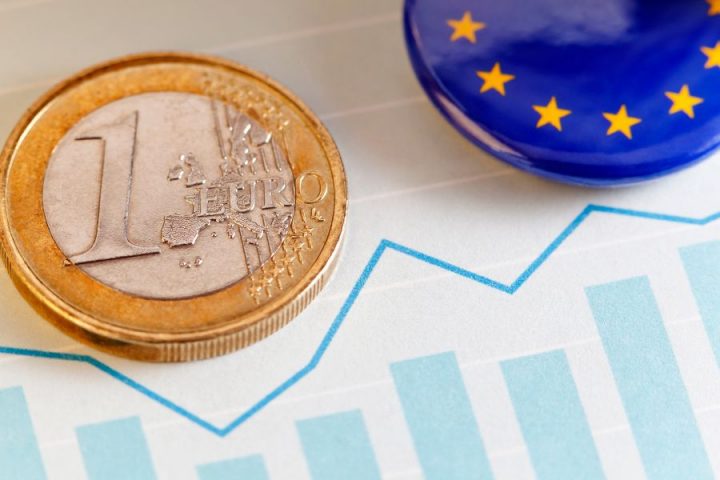Many people ask themselves if leaving the euro in the foreign exchange market is a good idea. There are a number of benefits and challenges to consider. Let’s throw a glance at some of the advantages as well as disadvantages, as well as the costs. In addition, you’ll learn about the ways to get started.
Benefits
The EU’s single currency has a massive influence on global economic growth, but it also comes with a number of drawbacks. One of the most problematic features is the fact that its single monetary policy doesn’t always align with the local economic circumstances. For example, while parts of the EU enjoy high growth and low unemployment, others can experience long periods of stagnation and high unemployment.
Another benefit of the euro is its ability to promote cross-border trade. By removing currency risks, businesses and consumers can move money from country to country more easily. The euro also supports cross-border investment between member countries. This means that investors in these countries are likely to see higher returns from their investments because of lower volatility.
Challenges
A number of attributes play a role in the euro’s depreciation. One of these factors is the United Kingdom’s decision to leave the European Union (EU) in June 2016. The UK is not a member of the eurozone and continues to use the British pound. This decision has caused uncertainty about trade deals with EU member states. At the same time, the ECB introduced negative interest rates in an effort to stimulate economic growth. This strategy worked quite well for a number of years and helped the European economy grow at a steady pace. However, the upcoming 2020 crisis has caused growth rates to plummet by approximately 12%. Additionally, a collapse of the euro would undermine the Schengen Agreement, a crucial piece of European economic and political agreements.
The euro is a complex monetary system, and it is not clear if the euro’s demise will have a large economic impact in the United States. Individual citizens will have to adjust to a new monetary system. Some may struggle to do so, especially older generations. Likewise, companies may be reluctant to lower prices in the face of such unpredictability. This is a critical area where policymakers and consumers need to closely scrutinize pricing practices.
Ways to do it
The first way to leave the Euro is to pull out unilaterally. This would bring the economy to a standstill and force banks to close for a period of time. Another way to leave the Euro is to implement a gradual exit from the single currency. However, such a move would not be beneficial for the economy.
One major problem with such a move is the potential for a shock devaluation. Various historical examples of currency conversions and devaluations show that the result could be a massive capital flight and a bank run. These outcomes would threaten the stability of the entire financial system.
Costs
One of the most overlooked costs of leaving the euro is the financial impact. Leaving the currency union would have severe consequences for the country’s banking system, trade, and corporate creditworthiness. Moreover, the country would experience a sharp devaluation in its currency when it reintroduces its old currency.
The value of the euro versus the dollar has declined considerably. This has created winners and losers in the U.S. economy. Consumers will be able to spend more in the United States, while U.S. companies sending their employees to Europe will be able to pay less for their travel and accommodation. In addition, the costs of living in European cities will be lower.
Another cost is the financial damage to peripheral European economies. While many have been tolerant of high unemployment rates, this tolerance may not last for much longer. This could push opposition to the euro into the mainstream. This will only accelerate the process of unpicking the euro.
Steps to take
If your country is considering leaving the euro, there are some things you should know. First, it is possible that the value of your currency could decrease drastically. In such a case, you should implement capital controls to stem the flow of money out of the country. Secondly, you need to prepare the banking system to avoid a run on the banks. This is especially important because the sudden repricing of assets and wages will create a great deal of havoc.
Exiting the Eurozone is not a straightforward process, and it may not be legal. However, once the process starts, people will start moving their money out of the country. This means that they will be unable to access their own currency. Moreover, the country will need to close all communications systems to ensure that people cannot conduct transactions in the black market. If this happens, the armed forces might be required to protect the country.
